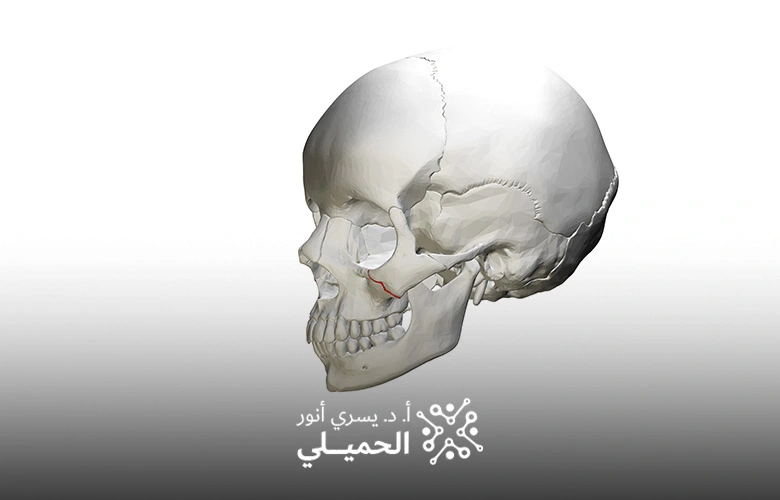
Skull fracture surgeries present a challenging task that requires exceptional expertise and precision. Professor Dr. Yousry El-Hamili, Professor of Neurosurgery and Spine Surgery at Cairo University Medical School, is renowned for his extensive experience and exceptional surgical skills in this field. He leads a distinguished medical team comprising some of the most skilled surgeons and specialists to provide the highest levels of care and treatment for patients suffering from skull fractures. Below are the details.
Professor Dr. Yousry Anwar El-Hamili leverages his expertise and skills to offer top-notch care and treatment for patients with skull fractures, whether simple or complex.
The types of skull fractures that Dr. Yousry Anwar El-Hamili treats include:
Diagnosing the type of skull fracture and assessing the injury’s severity are crucial tasks performed by Professor Dr. Yousry El-Hamili. Treatment depends on the patient’s condition and the type of injury, with some cases requiring immediate surgical intervention to ensure proper care and the best possible outcome for the patient.
Most skull fractures, especially linear ones, do not require extensive medical treatment other than addressing any associated head injuries. However, the surgeon may recommend a short hospital stay for observation following a skull fracture.
Linear skull fractures usually heal on their own. During the hospital stay, the patient is monitored for complications such as seizures. If seizures occur, they are treated with anti-seizure medications. Pain relief medications are also prescribed, and ice may be applied if swelling occurs.
Treatments for basal, depressed, and diastatic skull fractures vary based on the injury’s severity but may include:
The specific treatment for a skull fracture is determined by Professor Dr. Yousry El-Hamili and his medical team, considering factors such as:
Here are some insights into non-linear skull fractures and when surgery may be necessary:
Surgical intervention is preferred in cases of open depressed skull fractures, especially in infants and children. Doctors typically try to elevate the depressed fragments if they are more than 5 mm below the inner table of the adjacent bone.
Indications for immediate surgical intervention include:
Sometimes, a craniotomy is performed if the underlying brain is damaged and swollen, followed by later skull reconstruction.
Some cases may require surgical intervention after some time, such as:
Generally, Dr. Yousry Anwar El-Hamili aims to provide appropriate medical care for patients with skull fractures based on the injury’s characteristics and the patient’s needs. The goal is to offer the best possible care and ensure the best outcome for patients.
Professor Dr. Yousry El-Hamili is one of the top surgeons in the field of skull fracture treatment due to:
For a medical consultation or to schedule an appointment for examination and treatment, please contact us today. Dr. Yousry El-Hamili and his team work diligently to provide specialized medical care tailored to each patient’s needs. Contact us now to receive the medical care you deserve.